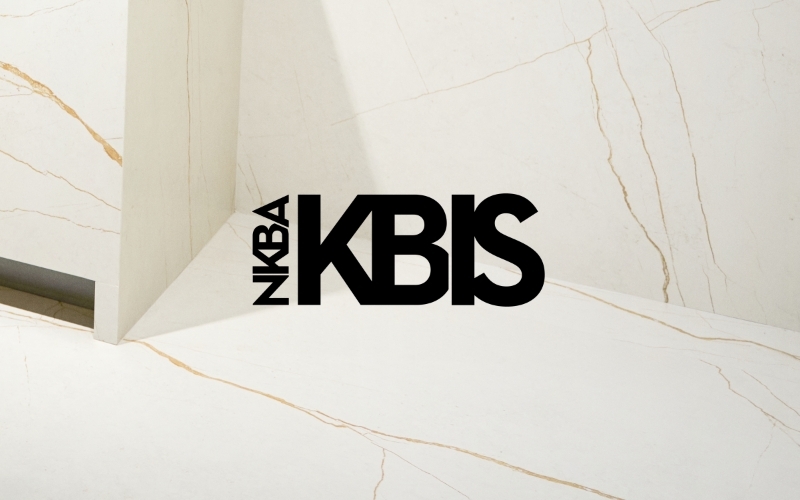Industry Trends
Marketing Insights
The latest white paper from the global think tank Ipsos explores the tendencies of the world’s highest-earning consumers, the “Affluent” and the “Business Elite.” Ipsos’ experts discovered interesting trends about these industry drivers, whose definition of luxury continues to evolve in subtle ways.
It all started with the recession. As the unemployment rate swelled and stocks shrank, people didn’t want to talk about luxury. Talking about luxury didn’t feel good, even for the people who could still afford it.
When the economy improved, a new way of thinking emerged. Today, upscale consumers take a more personal, thoughtful approach to luxury. Their primary motivation, once “Look at me,” is now, “What makes me feel good?” Quality is still important, but the definition of quality has changed.
Here are some thoughts on quality, luxury and the upscale consumer today:
- Offering a special product that has rare and unique qualities is more important than offering a product that has superficial “exclusivity” because of its brand.
- Quality is the historic foundation of luxury, but being a luxury brand is no longer enough to get the luxury “thumbs up” from these smart consumers. In fact, more than half of Affluents think luxury brands have lowered their quality standards, perhaps believing they could rest on their laurels.
- The Affluent and the Business Elite still want to treat themselves, but now, it’s all about the lighthearted splurge as opposed to sinful indulgence.
- Bigger isn’t always better. An heirloom-quality, solid wood bed may resonate more than a yacht or a private jet.
- “Green” and “healthy living” are important, but does your product reflect these ideals? Smart consumers know the difference.
- Consumers are losing interest in unnecessary formality.
- The “sleekness” of technology plays a crucial role in consumers’ notion of luxury.
So, how should brands respond?
Traditional luxury brands, take note: upscale consumers are not easy to please. They expect high-quality products and fair values, and they are not as brand loyal as you’d like them to be. Here are some strategies to earn and keep their trust:
- Focus more on the nature and beauty of design and less on your own heritage and who you are.
- Speak to consumers in an honest, authentic way, without pretenses.
- Ask yourself: will your product make people feel good? Don’t rely on your logo to sell the product. Think about the purpose it serves and how it will feel in their homes.
- Don’t smother them with luxury. After all, is your product really luxurious if you have to say “luxury” over and over? The product should speak for itself.
- Be a good listener. Align your brand with qualities that are meaningful to your audience.
- Maintain a relaxed, authentic attitude. Be yourself!
- Thanks in large part to the rise of social media, there are many more ways for people to obtain information and be influenced. Brands still play a role, but yours isn’t the only or even the loudest voice anymore, and it isn’t just about what or who you say you are. So you’d better walk the walk.
Whether you’re an established luxury brand or a relative newcomer, connecting with upscale consumers is more important than ever. How will you do it?


